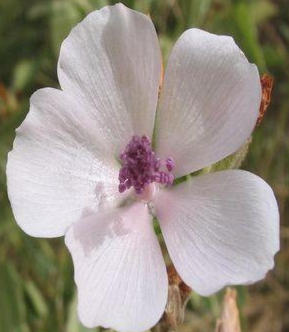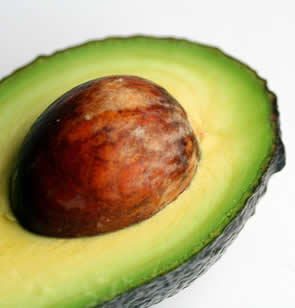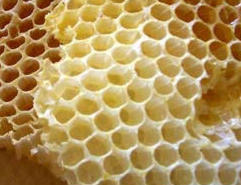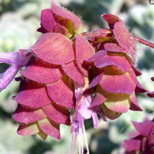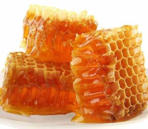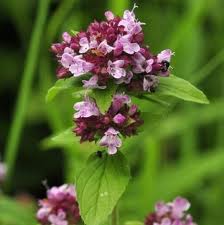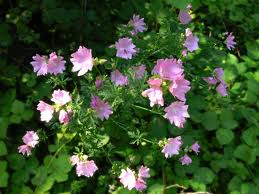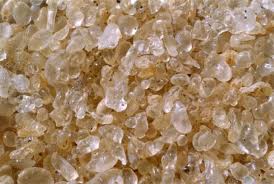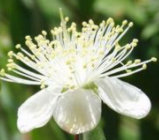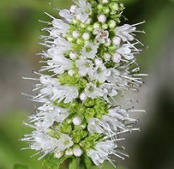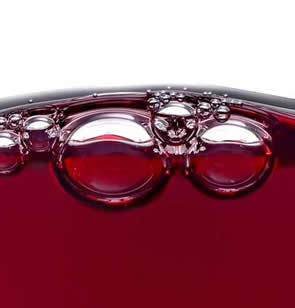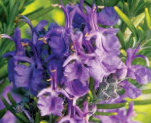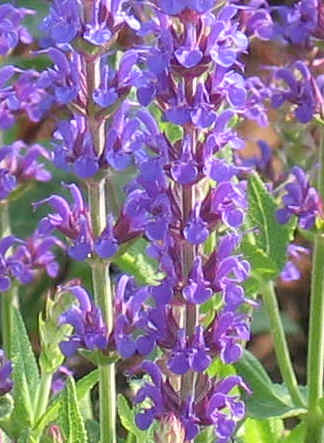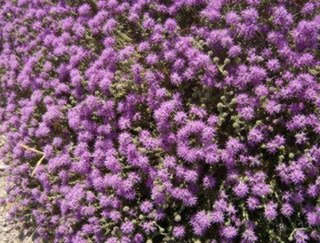
Yarrow (Achillea Milefolium)
Common yarrow is an erect herbaceous perennial plant. Mythology and History The genus name Achillea is derived from mythical Greek character, Achilles. Homer tells us that the centaur Chiron, who conveyed herbal secrets to his human pupils, taught Achilles to use yarrow on the battle grounds of Troy. Achilles is said to have used it to stop the bleeding wounds of his soldiers. For centuries it has been carried in battle because of its magical as well as medicinal properties. |
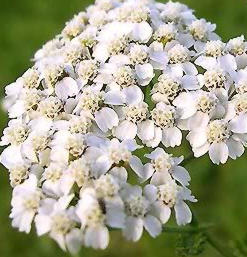 |
In antiquity, it was known as herbal militaris, for its use in staunching the flow of blood from wounds.
The plant has a long history as a powerful 'healing herb' used topically for wounds, cuts and abrasions.
Decoctions have been used to treat inflammations and in promoting blood flow, as well as staunching blood flow, when properly used.
Health Benefits & Modern Medicinal uses
Today, yarrow is valued mainly for its action in colds and influenza, and also for its effect on the circulatory, digestive, excretory, and urinary systems. Modern herbal doctors employ it to treat fevers, amenorrhea, and diarrhea.
It is powerful astringent, wound healer, it strengthens blood vessels and veins, ceases bleeding, stimulates perspiration and brings down fever.
Achillea millefolium tea may be so beneficial for colds and fevers, because it helps promote sweating in the body, as it causes capillaries on the skin's surface to become dilated, increasing blood circulation. Other benefits attributed to this tea include stimulating appetite, fighting gastritis and stomach cramps, and cleansing out the liver.
Yarrow makes an excellent skin wash, its astringency making it particularly beneficial to oily complexions.
The usage for external wounds is still frequently seen today.
The plant has a long history as a powerful 'healing herb' used topically to speed wound healing, and improve other skin conditions such as rashes and abrasions, calm inflamed skin.
Yarrow has strong moisturizing action on the skin, as it is rich in tannins and flavonoids and has skin soothing benefits. For oily skin and acne, yarrow tonic for skin and scalp is very beneficial and its extract balances skin functions making it a great natural ingredient to use in preparation formulated for acne, and oily skin. At the time it soothes itchy, dry skin, relieving minor skin irritations, healing damaged skin and stimulating regeneration of new skin cells.
Links:

